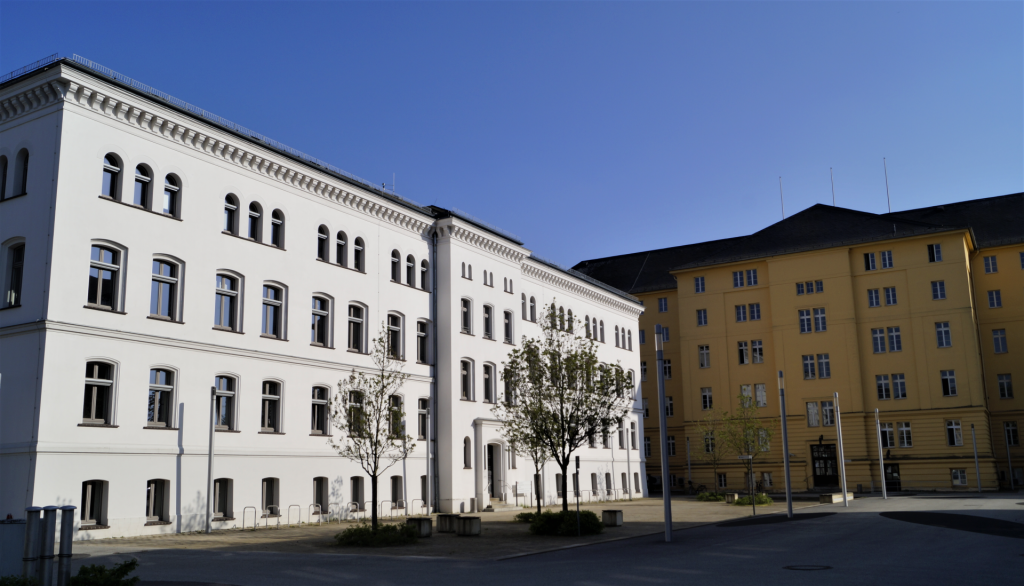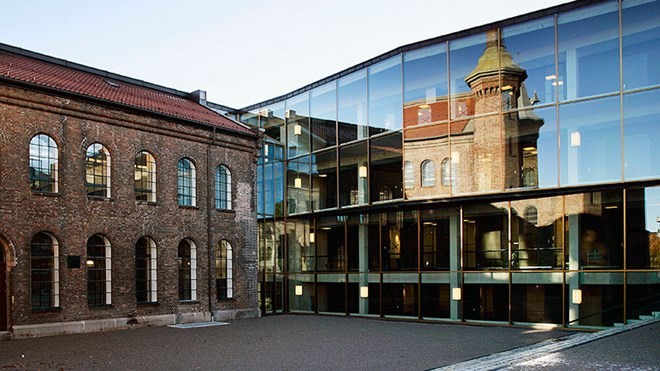meinBerlin: An integrative eParticipation platform for all administrative levels in Berlin
„meinBerlin” is the central eParticipation platform of the state of Berlin. Citizen participation procedures of all administrative units shall be realised via this platform, which makes meinBerlin the central ‘point of contact’ for all participation processes in Berlin. Various types of eParticipation initiatives can be conducted on the platform, including e.g. development plan procedures, public…
Read MoreParlement & Citoyens: an online platform connecting citizens and lawmakers for policy design in France
Romain Vincens, L’hémicycle du Sénat français en septembre 2009, CC BY-SA 3.0 Parlement & Citoyens (P&C) is an online platform “enabling citizens and legislators to work together to find solutions to [France’s] problems”. This website is a private e-participation initiative. The French context is characterized by a high e-participation index and a high-level of citizens’…
Read MoreDigital Transformation in German Multi-Level Governance – The Case of Digitalisation Labs on “Immigration and Emigration”
At present, the digital administrative landscape in Germany has been dominated by isolated solutions and the German Online Access Act (OZG) seeks to support harmonisation and better collaboration by creating uniform standards across administrative levels. It obliges the federal administration, the Länder and the municipalities to offer their administrative services digitally by the end of…
Read MoreeNAP: An Electronic Sustainability Assessment Tool for the Ministerial Bureaucracy in Germany
In the spring of 2018, the German government introduced a web-based tool called eNAP that aims to facilitate and improve the sustainability impact assessment (SIA) as conducted for new laws and regulations, and that can be used by ministry officials and policy makers to carry out the SIA. In Germany, evaluating potential environmental, economic and…
Read MoreThe National Adaptation Geo-Information System and its Effect on Collaboration and Policy Design in Hungary
The National Adaptation Geo-Information System (NAGiS) was launched in 2016 after three years of intensive cooperation among several units at different levels and sectors in the Hungarian public administration as well as foreign actors (the EEA Fund and the Norwegian Directorate for Civil Protection and Emergency Planning). Aims and goals Observed changes in climate…
Read MorePleio: An Open Source Collaboration Platform for Public Administrations and Public Policy in The Netherlands
At the beginning of 2011 Pleio was officially launched. The platform started out small, as some sort of a social media side project owned by a select group of Dutch public servants. Over the last eight years, however, the ICT tool has experienced a strong expansion and professionalization. By the start of 2019 the platform…
Read MoreChorus: An Integrated Financial Information System for Policy Design in France
Chorus is the financial information system (FIS) of central state administrations in France. Chorus’ scope is wide: from 2007, it has gradually been expanded to all ministerial departments. Its topic is highly sensitive because it deals with state finances and is the main application that public administrations use for this matter. Chorus is a case…
Read MoreSocial Media Coordination in Norwegian Ministries – The Case of Digit
In 2015, an inter-ministerial working group was formed under the Prime Minister’s Office, comprised of communication advisors from Norwegian ministries, in order to coordinate and stimulate increased usage of social media outlets such as Facebook and Twitter at the ministry-level as “Digit”. Aims and goals Social media represents a novel platform for disseminating information…
Read More







